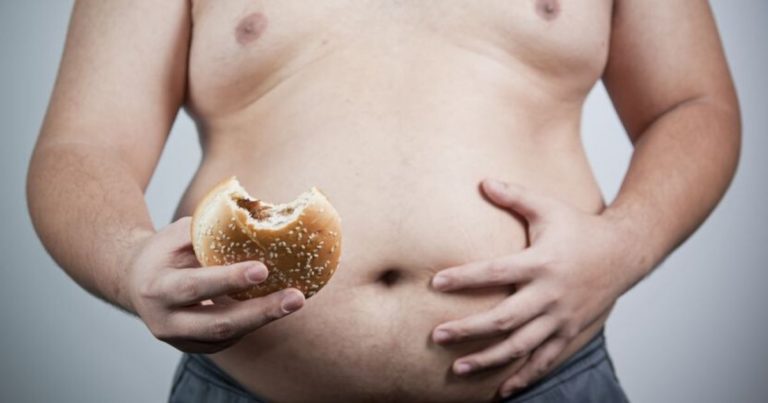Discover The Truth About 6 Food Myths You've Been Believing.


Six Common Food Myths You’ve Been Believing.
Food is a basic human need however there are very many misguided information out there regarding food. Many people or information talk about what is healthy or not, what one should eat and so on.
Sometimes it seems that there is more nutrition misinformation floating around than actual truth. It is hard to distinguish between what is a fact- and what is mere fantasy.
Pick up any magazine or online article and you will end up reading about a new diet or wonder food in the market. Each and every day new studies and research are been created giving credit or dishonoring different types of food.
There are many conventional information out there related to diet. Modern science has however brought to light a lot of information that we did not have before.
Scientists and nutritionists from around the world are constantly working on new ways to improve diet and promote healthier living. One has to be very careful about the information they rely on some have no scientific backing at all and are just a waste of time.
To avoid these misguided facts, the below article can assist. Most of these tips are usually very well explained that a majority of people end up believing in them without hesitation. Below are some of the most common 6 food myths you’ve been believing
Here Are Top 6 Unbelievable Food Myths
1. You Will Gain Weight If You Eat after 8 pm
The bottom line for weight loss: calories in must be less than calories out. It doesn’t matter when you eat the calories.
The problem with late-night eating is that most people eat the appropriate number of calories during the day and then go overboard at night, especially when eating in front of the television. So feel free to eat at night- just keep your total number of calories in check.
2. Fat-free Foods Are Healthy
Not all fat-free foods are healthy. In fact, sugar is the quintessential fat-free food and nobody would dare say that sugar is healthy. Many fat-free products actually contain more calories than the original.
To maintain flavor, manufacturers have to add something back when they take out the fat, and that something is usually sugar. Be wary of fat-free snacks and always look at nutrition labels.
3. You Should Not Eat Carbohydrates If you Want To Lose Weight
Carbohydrates are a part of a healthy diet! However, some carbohydrates are healthier than others. Whole grains, like brown rice, whole-wheat pasta, and whole wheat bread, can help facilitate weight loss by keeping you full.
Diets that don’t include any carbohydrates often fail because dieters get too hungry and feel deprived, increasing the likelihood of a binge!
4. Some Foods Have ‘Negative Calories’
It is a commonly-held belief that chewing and digesting certain foods burn more calories than the foods actually contain.
It is said that you can lose weight by eating these foods. These purported miracle foods include cucumbers, celery, and grapefruit. Unfortunately, this is not true. No food truly has ‘negative calories’.


5. Cooking Veggies Destroys Their Vitamin Content
Cooking vegetables actually increases your body’s ability to absorb the nutrients in certain vegetables. Tomatoes are a great example of this. Lycopene, a phytonutrient that helps prevent cancer, is much stronger in cooked forms of tomatoes than in raw tomatoes.
It is true, however, that overcooking some vegetables in large amounts of water can decrease their vitamin levels by allowing the nutrients to slip out of the vegetables into the water.
To prevent this, do not overboil veggies. Try to steam, roast, or microwave vegetables with as little water as possible and keep cooking time to a minimum.
6. Bananas Are Fattening
One medium banana has only 105 calories and is full of fiber, magnesium, and potassium which can help manage blood pressure. Bananas also contain vitamin B6 which helps with immune function.
It is true that, per serving, bananas may have slightly more sugar, carbohydrates, and calories than some other fruits. But they are still a very healthy part of a balanced diet.
Conclusion
From the above information, it is evident that a majority of what many people believe in food is wrong.
In order to clear these misconceptions, one has to be cautioned on the sources where they acquire the data. It is also equally important to also conduct research about food.





